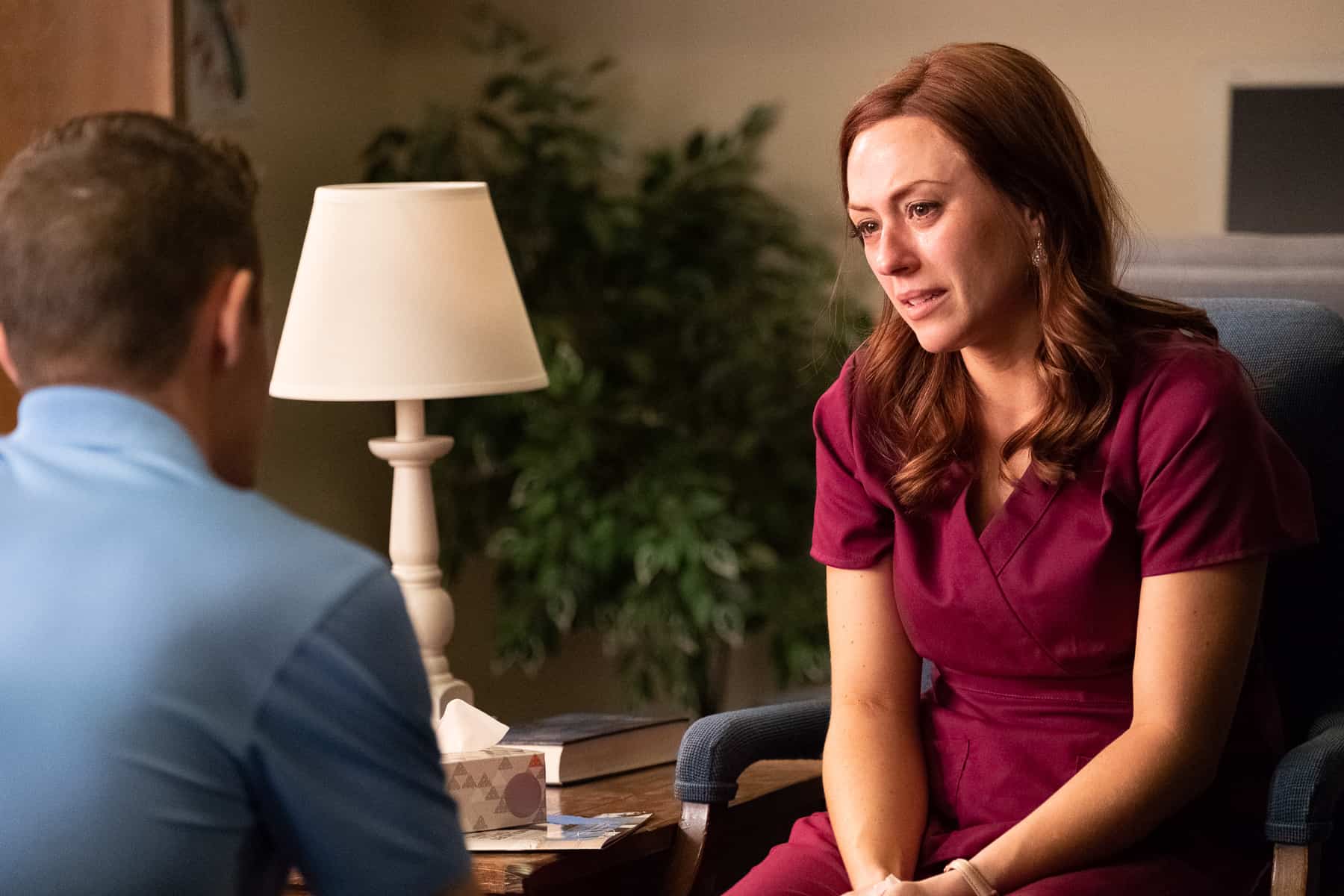I walked away from the movie “Unplanned” with one question: will it change minds?
The abortion debate has raged since the 1970s in this country. The Catholic Church has struggled to present its teaching on abortion in an environment in which abortion has become a deeply partisan issue, including for Catholics.
The movie seeks to reinvigorate the debate about abortion by telling the story of Abby Johnson, a Texan who dramatically left her job Planned Parenthood after eight years to become a prominent pro-life activist. Abby herself had two abortions. She is now Catholic.
I have my doubts about this movie’s ability to change the mind of anyone who was not already pro-life. But the movie does three things that all Americans need to do better.
People need to talk.
The partisan nature of abortion means that pro-life and pro-choice people live in different worlds, and rarely speak. When they do, they rarely have honest conversation, but fight from polarized positions with no hope to state what they really think and believe, and more importantly what they love, hope and fear.
But a distinctive feature of the movie is the love and support that Abby Johnson received from her family despite their disappointment that she worked at Planned Parenthood. Some of the protestors at the Planned Parenthood abortion clinic, moreover, showed Abby a friendliness that allowed her to turn to them when she sought to leave them. People are not persuaded by facts, but by other people.
How can we create spaces for conversation about abortion that are not captured by partisan political interests?
Beauty will save the world.
Perhaps what the film does best is to be itself: a piece of art.
The Catholic Church has been a highly rationalistic and didactic place in recent decades. We disagree violently over doctrine, but we agree that doctrine is the main thing we should be fighting over.
Past eras of the Church knew well, however, that the faith is not just propositional knowledge: it is felt, it is seen, it is heard. It is lived out. Anyone who has visited a Gothic cathedral has experienced this. Art draws people in, engaging them in ways they willfully choose not to engaged through reason. Art moreover expands our imagination, helping us see things we never thought possible.
Contemporary Christian art has a reputation for being saccharine in tone and heavy-handed in its message. But this movie reminds us that the Christian message of hope and love can and should be proclaimed through art.
How can we create art that reaches people in their hearts and minds? How can art help us imagine a better world?
The abortion debate needs Pope Francis’ message of mercy.
A consistent theme of the movie was mercy, particularly whether Abby Johnson could believe that God would forgive her.
The answer is yes, but an important part of her story is coming to see that. She comes to recognize divine mercy in part through the compassion of pro-life activists.
Pope Francis does not speak of abortion as much as some would like, but there is no question that he affirms the Church’s teaching on it. No less importantly, he has ceaselessly preached and lived out a message of mercy.
Mercy is what the abortion debate needs. Mercy might break through partisan divisions by granting us empathy for those who think differently from us, by softening our need for political gains, and by helping us see the humans at stake in these arguments.
Most importantly, mercy can motivate us to support the pregnant women, mothers and children so often discarded by society. Mercy can strengthen our resolve to love the exploited and discarded wherever we find them. The world needs that witness today.
How should mercy change our pro-life advocacy? How will it help us to grow in our Christian witness?


